Revealed by the Global Business Travel Association (GBTA) at the 2023 convention in Dallas this week (Aug 15), global business travel spending rose 47% to US$1.03 trillion in 2022, with strong gains continuing and 32% growth expected in 2023.
In her keynote speech at the 2023 GBTA Convention, GBTA Chief Executive, Suzanne Neufang, admitted the association got the forecast wrong last year – expectations were for a mid-2026 forecast – but there were no complaints about getting it wrong as she was thrilled with the renewed optimistic outlook.
“The headwinds that were anticipated to impact the rebound of global business travel over the past year didn’t materialize and that is good news,” she said.

“This latest forecast now indicates an accelerated return to pre-pandemic spending levels sooner than anticipated as well as growth ahead in the coming years.
“Business travel spending is a key indicator, but how travel volumes will continue to rebound is yet to be seen,” she said.
Neufang said the global business travel industry has rebounded at a more accelerated rate than expected just a year ago and is now expected to surpass its pre-pandemic spending level of US$1.4 trillion in 2024 and grow to nearly US$1.8 trillion by 2027.
She said these robust gains were fuelled by pent-up demand after the COVID-19 pandemic, more favourable global economic conditions in 2022 and 2023 and “recession risks that have yet to happen”.

Neufang said these were the central findings from the latest 2023 GBTA Business Travel Index (BTI) Outlook – Annual Global Report and Forecast published by GBTA in collaboration with Visa, an annual exhaustive forecast of business travel spending and growth covering 72 countries and 44 industries.
“The BTI data also reflects the remarkable efforts of the industry to adapt, innovate and thrive despite the challenges, along with the ongoing role and value of business travel to economies, companies and professionals worldwide,” she said.
On the 2022 data, the estimated breakdown of the US$1.03 trillion in business travel expenditures includes US$183 billion in air spend, US$395 billion in lodging spend, US$191 billion in food and beverage spend, US$138 billion in ground transportation spend and US$121 billion in other travel expenses.
“Global spending is expected to recover to pre-pandemic levels by the end of 2024 – faster than the previously projected mid-2026 forecast in last year’s BTI Outlook,” Neufang said.
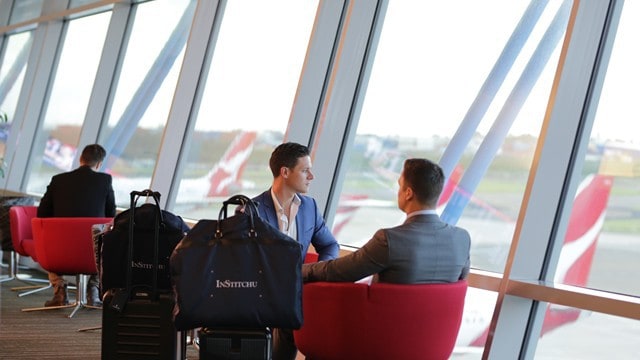
“Contributing to the accelerated rebound has been the significant stability in the global economy − many advanced economies were projected to weaken or fall into recession in 2023, but this has yet to happen.
“Over the past 18 months, the most important factor driving the pace of global business travel’s recovery is the progress made fighting the Covid-19 pandemic.
“The two biggest drivers in the industry’s stabilisation over the last six months have been the return of in-person meetings and events and the recovery of some international business travel capacity and volumes,” she said.
Recovery in business travel continues to vary by region, according to GBTA. Western Europe was the fastest growing region globally in 2022.
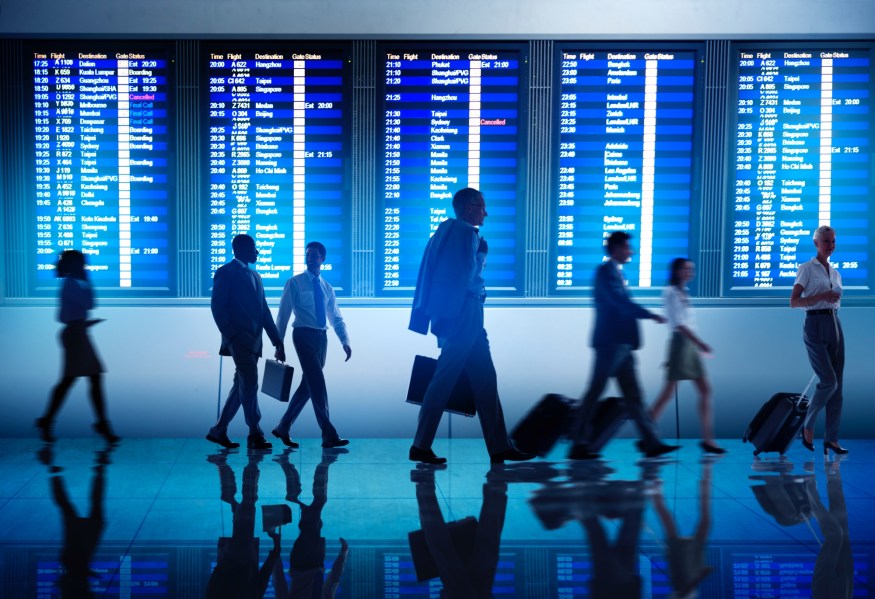
North America and Latin America saw spending growth accelerate significantly in 2022, while ‘emerging Europe ‘continues to lag in its recovery, challenged by the war in the Ukraine.
Regionally, Asia Pacific was the big laggard last year given the delayed reopening of the Chinese economy.
Chinese business travel spending fell 4.6% last year, dropping China down to the number two business travel market in the world for the first time since 2014.
However, China is expected to recover back to being the number business travel market in the world by the end of 2023.
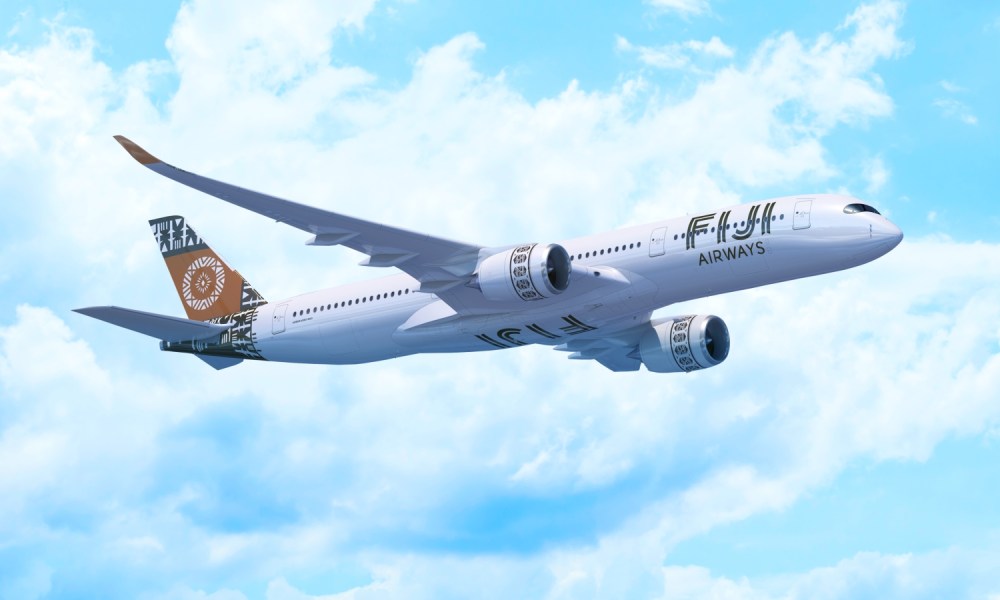
“Business travel spending recovery also continues to differ based on industry, with construction, education, and professional, scientific and technical activities showing the most resiliency,” she said.
“The resilience of the global economy was a key factor in the current rebound. However, looking forward, numerous challenges remain, including the war in Ukraine, persistent inflation in certain areas, much tighter global financial conditions and deterioration in the manufacturing sector.
“While a promising rebound is expected, there are several factors that could influence the industry’s longer-term forecast.
“An increased focus on sustainability initiatives, widespread adoption of meeting technologies, growth in the remote workforce and the rise of blended travel are potential game changers in the future of business travel.”
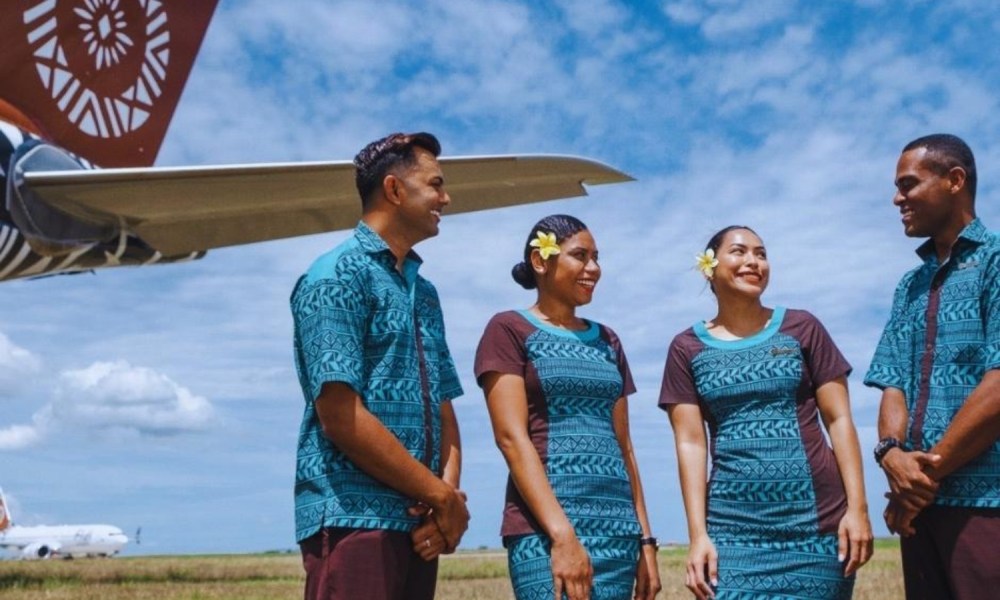
In GBTA’s survey of 4,700 business travellers across 22 countries and four regions (North America, Europe, Asia Pacific, and Latin America), 82% reported that business travel was very (48%) or moderately (34%) worthwhile in achieving their business objectives.
Business travellers globally currently estimate their own business travel spending, on average, amounts to US$1,018 per person per trip.
On average, lodging accounts for US$391 and food and beverage is US$189. Air averages US$182 while ground transportation (US$136) and miscellaneous expenses (US$120) rounds out the total.
Business travellers say they are more frequently (62%) blending business and personal travel (bleisure travel) than they did in 2019, with 42% adding additional leisure days to their business trips and 79% of these travellers staying at the same accommodation for business and vacation portions of their trip.

Book a seat in Fiji Airways’ brilliant Business Class cabin
Fiji Airways flies Los Angeles and San Francisco via the airline’s hub in Nadi from Adelaide, Auckland, Brisbane, Christchurch, Melbourne, Singapore, Sydney, Wellington and across the South Pacific.
Onwards flights are available to Dallas on American Airlines.
The Fiji Airways flights are operated by the carrier’s world class fleet, which includes the flagship Airbus A350-900, headlined by the carrier’s all-new Business Class that features flatbed seats with all-aisle access.
Onboard Fiji Airways flights at the pointy end, expect top food and wine, particularly thanks to the new Business class menu from renowned Kiwi-Fijian chef Richard Cross, fantastic entertainment (including Wayfarer TV episodes!), a sleeper service for overnight flights and some of the world’s best onboard service.
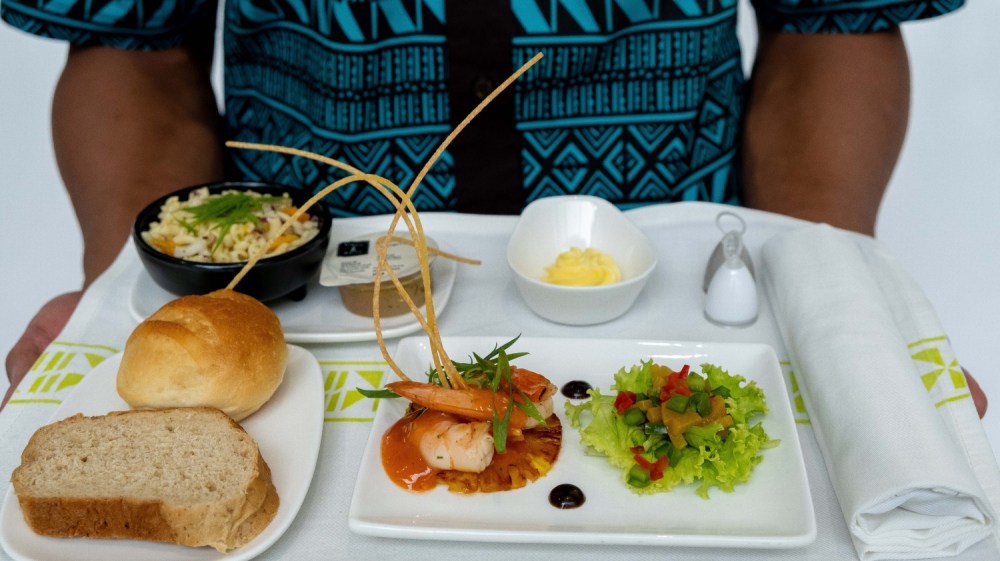
Fiji Airways has a fantastic new Business Class menu
In economy class, passengers can upgrade their journey with some additional benefits such as the My Bubble and My Island seating arrangements allow passengers to purchase an extra seat or row respectively in economy for extra space and comfort. My Island comes with a mattress topper, Business class pillow, additional blanket and seat belt extension.
Travellers onboard all services will enjoy the award-winning Fijian hospitality and travel perks including increased baggage allowance from 23kg to 30kg for economy class passengers on all international flights and a complementary ‘Our Ocean Our Life’ in-flight activity pack for kids.